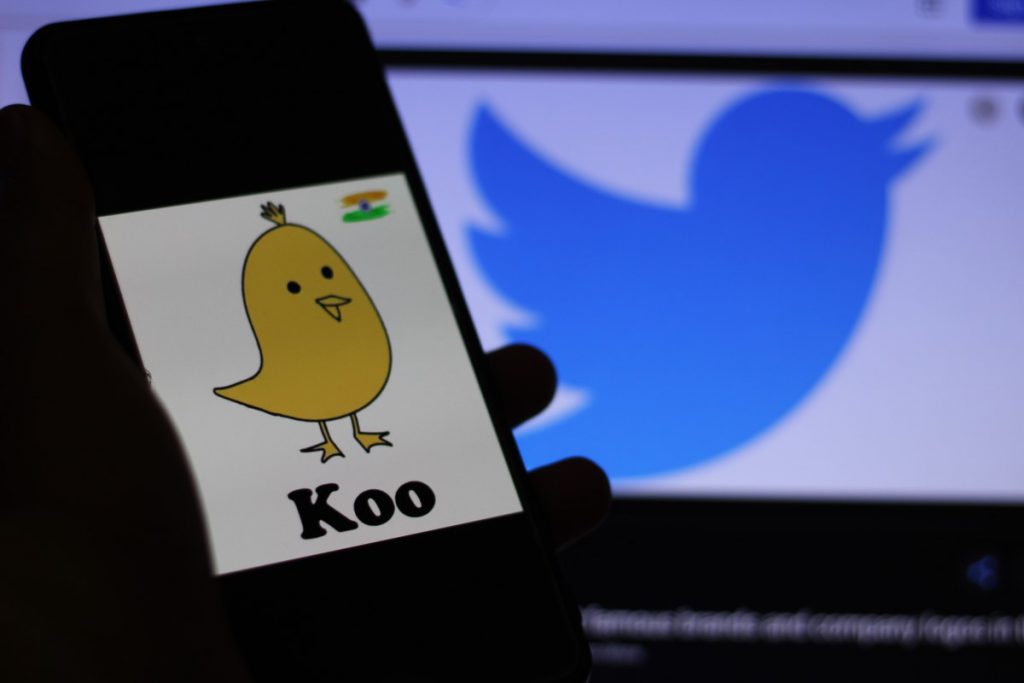
India is replacing Twitter with its own app. Why’s that?
Indian government encourages its citizens to use local apps instead of U.S. products. It seems some of these platforms are slow to react or even negate some requests from the country’s authorities. For instance, Twitter refused to take down certain accounts. According to the Indian side, those accounts were sharing “incendiary and baseless” hashtags concerning farmers protesting against new agricultural laws.
The government called out the U.S. social giant for its inactivity, and after that, people flocked to the Indian social network, which has a bird logo much like Twitter’s. Indian users downloaded this app more times than Twitter in February.
Koo is very similar to Twitter. Its senior executive noted that the sudden attention on his app has been overwhelming. Mayank Bidawatka, the co-founder of Koo, compared it to reaching the World Cup’s finals suddenly and everyone focusing on you and your team.
India’s Prime Minister Narendra Modi actively touted Koo, and several officials and ministries in his government are already using it. Thus far, the app has been downloaded 3.3 million times this year. Considering that the company started less than a year ago, it’s a great success. Still, Twitter boasted 4.2 million Indian downloads in the same period.
Is the Indian government trying to influence the global tech companies?
Some would say that the answer is yes! The Modi government has definitely increased pressure on global tech companies over the past couple of years. It imposed significant restrictions on Facebook, YouTube, Twitter, and similar platforms. Furthermore, there are reports about the government threatening the employees of those companies with jail time. India also banned dozens of Chinese apps, including WeChat and TikTok, less than a year ago.
Meanwhile, local companies saw the opportunity, and the market is growing rapidly. Some of them, including Koo, are quickly gaining traction.
During this year, Indian users most often downloaded two apps. Both are short video platforms Moj and MX Taka Tak, similar to TikTok. The demand for them is greater than on Instagram, Facebook, Snapchat, and WhatsApp.
Even though Bidawatka said that the government backlash against Twitter and other tech platforms is unfortunate, he doesn’t deny that the government’s Indian-tech oriented course has given Koo and other apps a boost.
He also added that local apps have a better understanding of the Indian market, and they can step in where major global tech firms fall short. According to Bidawatka, they have the talent and have the resources, some of them have the experience, and there’s funding available for fulfilling dreams like these. So they are planning to create products that are relevant to the second largest internet population in the world.


